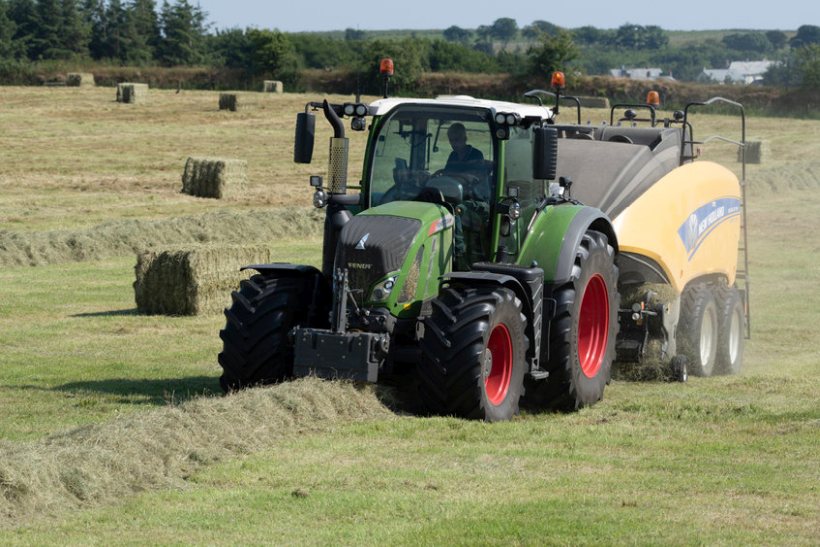
Defra should do more to help ‘harder to reach’ farmers who may be least confident about their future against the backdrop of Brexit and the pandemic, researchers say.
New research released this week lists recommendations on how policymakers can improve methods of engagement, including internet connectivity and accessible resources.
It explores how government can include a wide range of farmers in the design of new Environmental Land Management (ELM) schemes, using different engagement strategies to work with those who may be harder to reach.
The research, led by Dr Ruth Little from the University of Sheffield, found there are multiple reasons why farmers might be reluctant to engage with the government.
These include negative past experiences, a lack of time or interest, as well as perceived scheme bureaucracy, age, lack of trust, and poor internet access.
Latest figures suggest that 39% of farmers do not understand Defra’s future vision, 54% do not have the right information for business planning, and 47% of holdings are not positive about their future in farming.
Researchers outlined recommendations for how policymakers can improve methods of engagement so that a wide range of farmers can be included in the design of new policies.
These include improving rural broadband, working with trusted people and ensuring that engagement benefits farmers.
The government should also make sure forms of engagement such as written consultations are accessible to those with disabilities and limited free time.
Researchers found that farmers are more likely to support and implement new policies on their farms if policymakers work with them in the design of new policies.
Dr Ruth Little said: “ELM schemes... need to be well designed to deliver agricultural sustainability in terms of economic, social and environmental gains.
"Our research provides important insights on making the development of ELM as inclusive as possible, to ensure a sustainable future for both agriculture and the environment”.
Dr Paul Hurley, a lead author of the project reports and manuscript, added that new agriculture policy was being introduced 'amidst a landscape of uncertainty'.
"The research identified the value of engaging and listening to a broad range of farmers, and the dangers of not doing so.
"Covid, Brexit, a climate emergency, and geopolitical tensions - we saw how important it is that policymakers get it right, for current and future generations and for environmental sustainability.”
